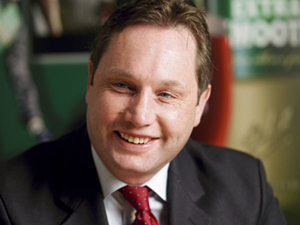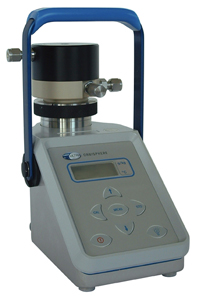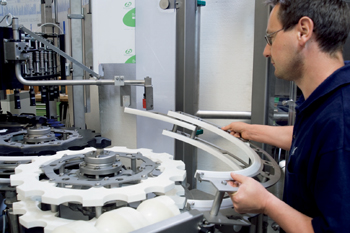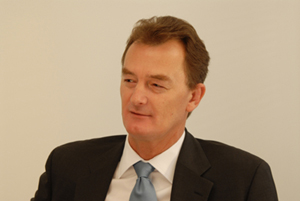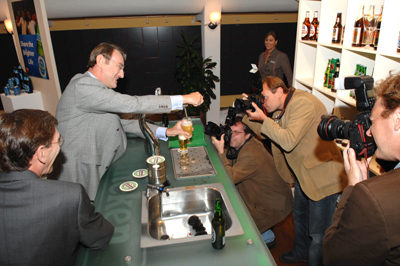On August 01, 2007 brewmaxx GmbH & Co. KG changed its company name to ProLeiT International GmbH & Co. KG. After the former joint venture company of the machine and plant manufacturer Huppmann AG and ProLeiT AG became a 100% subsidiary of ProLeiT AG in 2006, this step completed the full integration into the Herzogenaurach software company.
This step has been carefully planned over an extensive period. The ZIEMANN GROUP is now geared to start following the foundation of its Indian subsidiary. The new company has been headquartered in Pune. ZIEMANN INDIA is a 100 percent subsidiary of the ZIEMANN GROUP.
Hach Ultra announces the release of the ORBISPHERE 3658, a new robust portable system that provides accurate, selective CO2 measurement. This instrument is specifically designed for the beverage market and is used in breweries, wineries, bottled water and soft drink plants.
Downtimes are non-productive times on every bottling and packaging line, so they need to be minimised. An option for fast replacement of container handling parts produces enormous time savings and a concomitant enhancement of line efficiency. For this reason, the new Raptec handling parts from Krones AG, Neutraubling, Germany, feature quick-release locks, so that they can be replaced with just a few manipulations. In addition, thanks to their open construction, Raptec container handling parts are simple and easy to clean.
Labellers and inspectors
The Brewers Association of Japan (BAJ) has provided a strong endorsement for the principles behind the Assured UK Malt (AUKM) scheme. Toshinori Kunimatsu of the BAJ said: “The Brewers Association of Japan admires the AUKM scheme and its main principles. AUKM provides traceability at each stage of production and assurance for brewers. We believe AUKM provides an excellent example for the international malting industry.”
InBev registered EUR 499 million (USD 680 million) net profit in the second quarter, as increased beer volumes in Latin America, Russia and Asia outweighed lacklustre sales in Europe, the U.S. and Canada.
Drinks giant Diageo said the future of its Guinness beer lies outside its traditional markets of Britain and Ireland.
On a recent visit to Frankfurt, Alan Clark, Managing Director SABMiller Europe, proved that in the SABMiller succession race he is going to be one of the front runners.
You did not want to be in his shoes. At the end of August Heineken’s CEO van Boxmeer had to report a fall in 2007 first half earnings, reflecting a hefty fine levied against the Dutch brewer by the European Union for price fixing.


